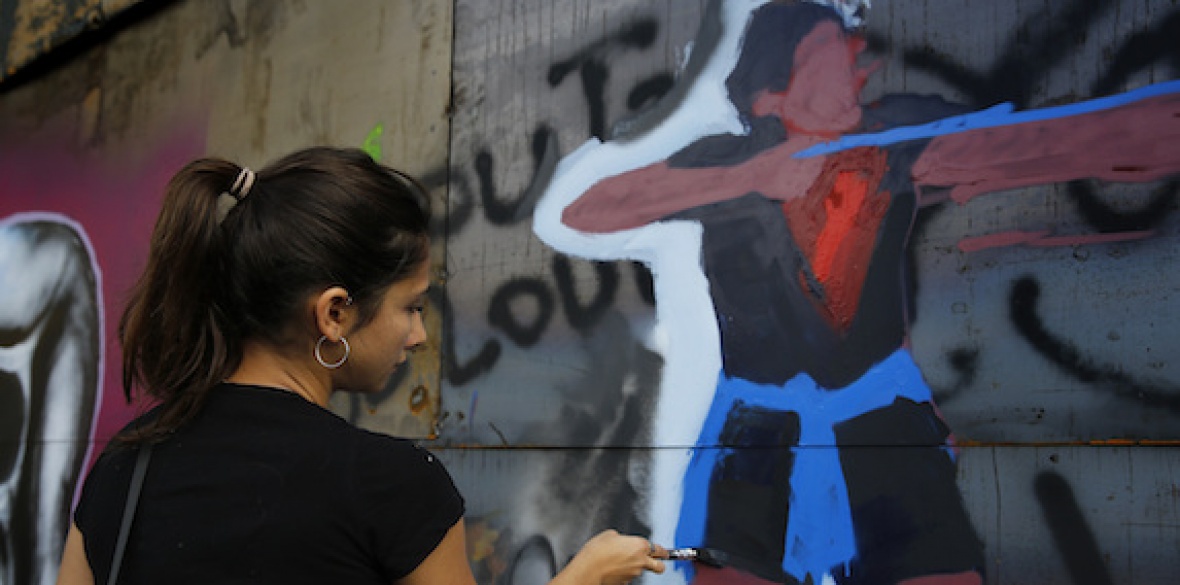This is the last article you can read this month
You can read more article this month
You can read more articles this month
Sorry your limit is up for this month
Reset on:
Please help support the Morning Star by subscribing here
LEBANESE protesters vowed to stay on the streets for “as long as it takes” yesterday as thousands continued to pack public squares and re-establish road blocks despite Tuesday’s resignation of prime minister Saad Hariri.
They are pressing President Michel Aoun to follow Mr Hariri out of the door as they insisted the revolution was far from over, pressing for deeper change.
Mr Aoun warned that the country was at a “dangerous crossroads,” claiming he wanted to transform Lebanon from a “confessional system where power is divided among sects, to a civil state.”
He is seeking a compromise after Mr Hariri finally bowed to weeks of pressure, offering to resign on Tuesday.
The position is reserved for a Sunni Muslim under Lebanon’s constitution while the president is a Maronite Christian and the speaker of Parliament is a Shia Muslim.
It is feared that months of political wrangling lie ahead. But Mr Aoun appears to have conceded to the demands for a technocratic government to steer Lebanon out of the crisis.
He took to state television on Thursday night and said: “Ministers should be chosen according to their competencies and expertise, not political loyalties.
“Lebanon is at a critical juncture, especially in terms of its economy.”
But such a move is opposed by Hezbollah, which remains a powerful bloc in Lebanon’s parliament. It’s leader Hassan Nasrallah warned that changes to the system would lead to “chaos.”
He has previously praised the protesters for their actions and welcomed the reforms they have won, including a 2020 budget with no new taxes, cuts to the salaries of politicians, as well as a raft of other “unprecedented” reforms.
But last week Mr Nasrallah rejected the fall of the government and demands for fresh elections “under current conditions.”
It led to clashes with supporters of Hezbollah, who launched vicious baton attacks against protesters in downtown Beirut.
Mr Nasrallah however warned that the resignation of Mr Hariri would seriously delay the implementation of the reforms that had been agreed due to the pressure of those protesting.
Demonstrations were sparked after the introduction of a WhatsApp tax which would have meant users paying 20 per cent extra on the first call they made every day.
But the protests soon broadened due to Lebanon suffering high unemployment and high levels of debt, which sat at $86.2 billion (£66.63bn) in the first quarter of 2019.











